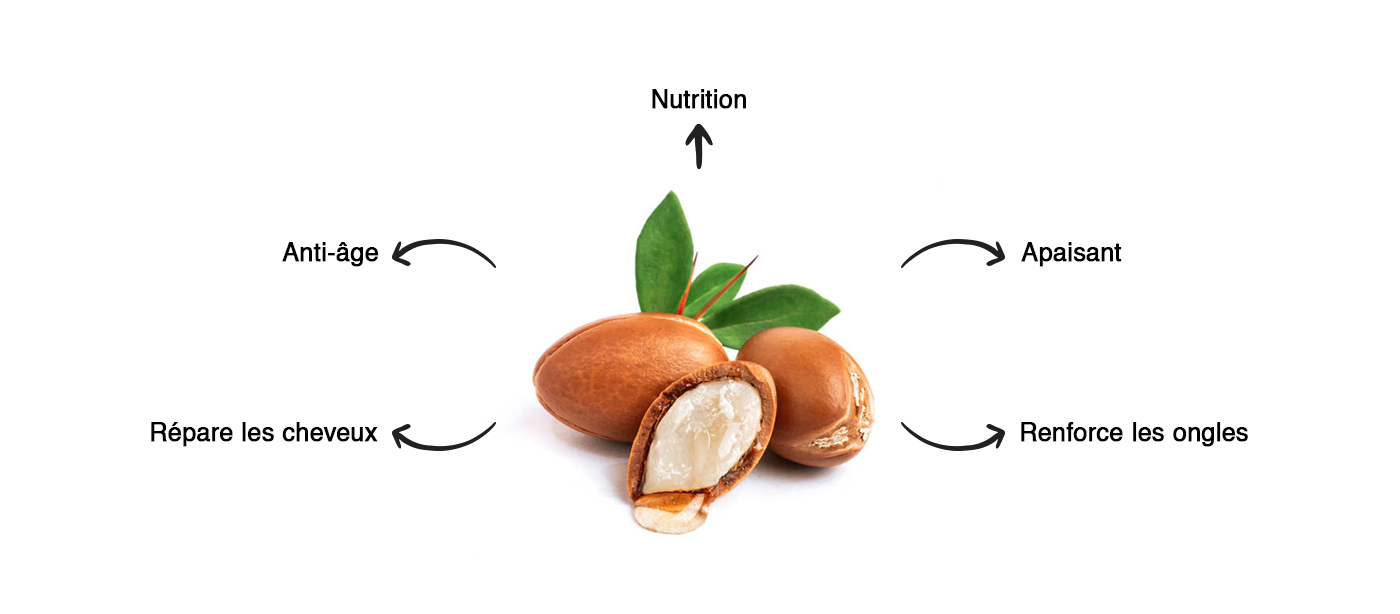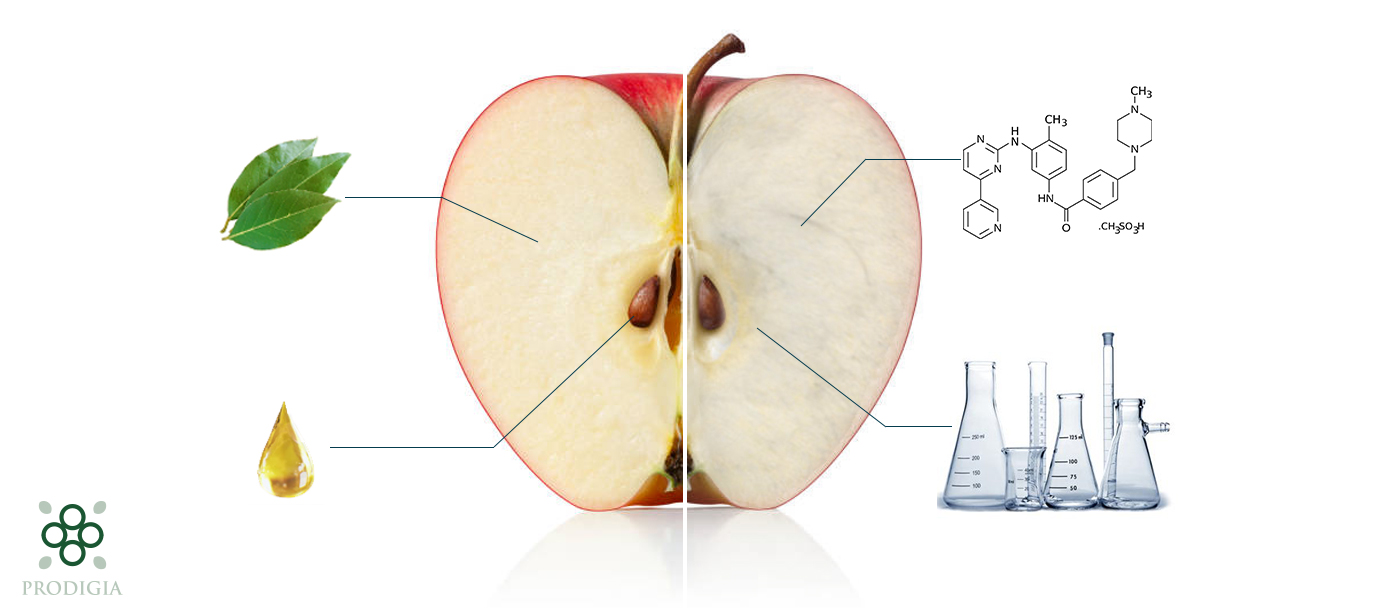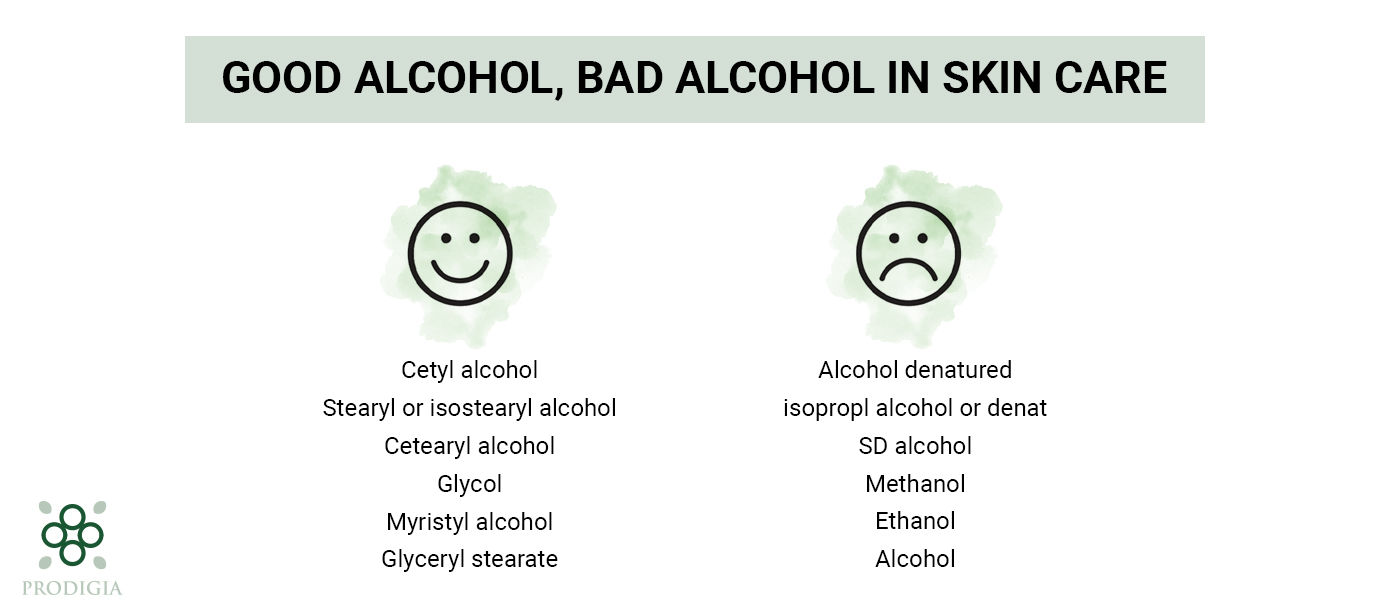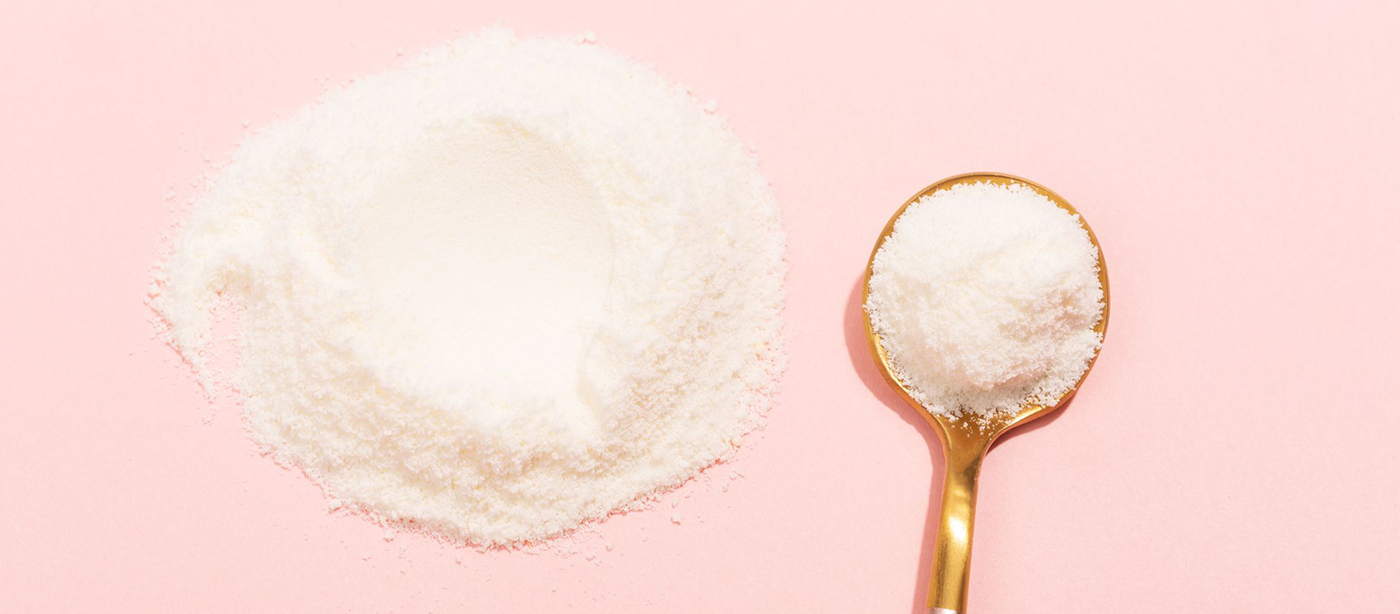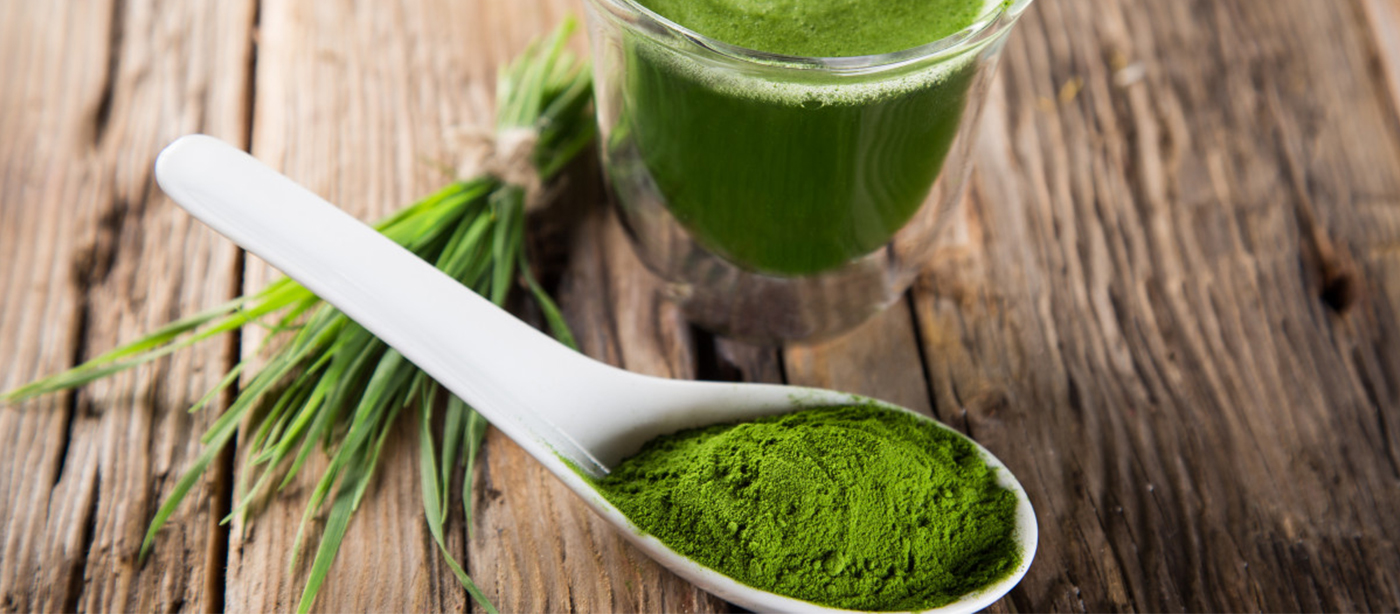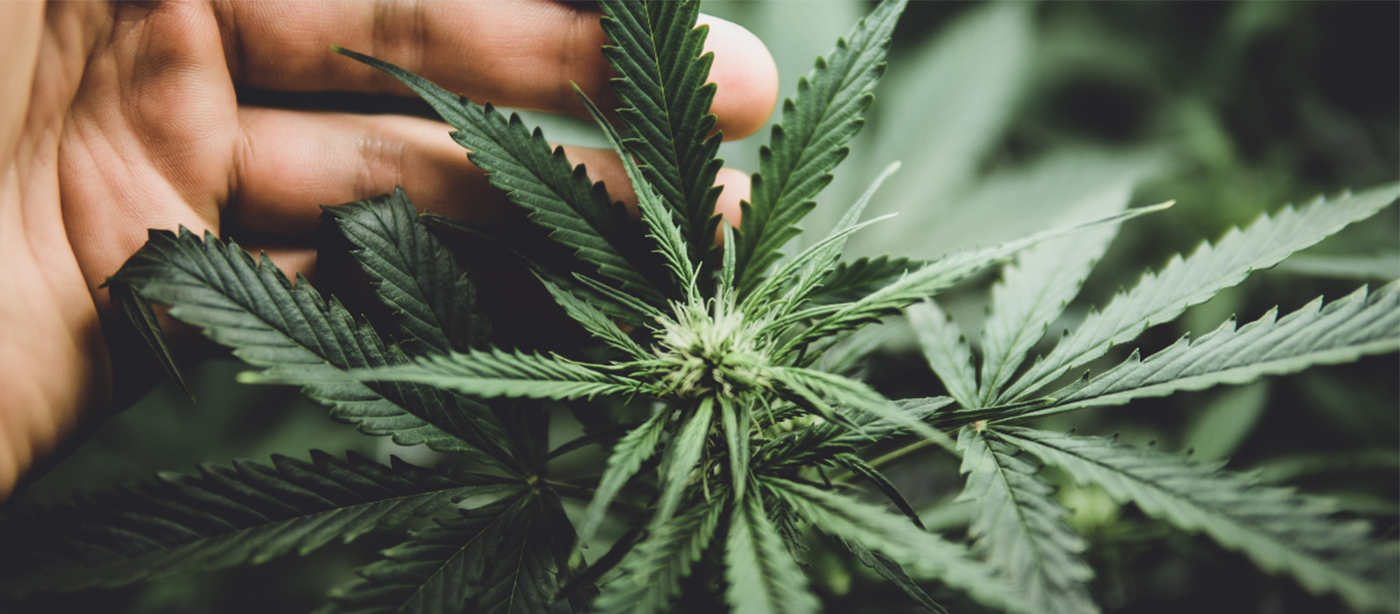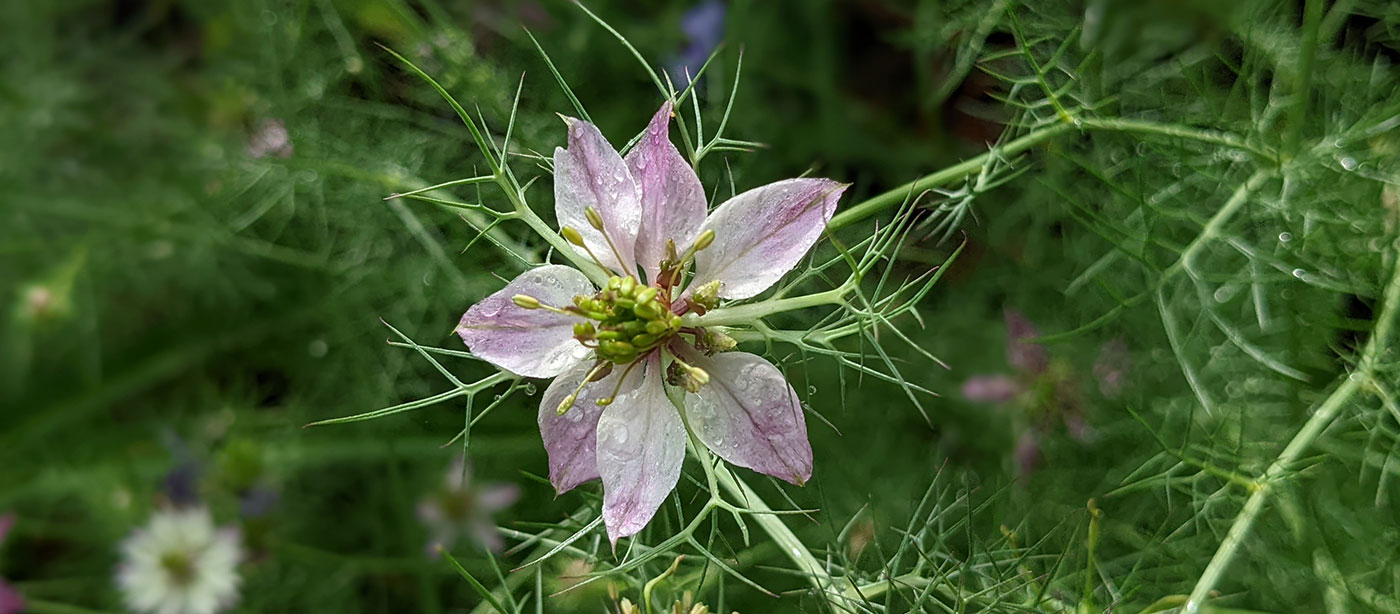Ancestral beauty secret and miracle elixir of Berber women, argan oil is internationally successful. And for manufacturers of natural cosmetics, this oil is a valuable ingredient that deserves special attention. A priceless source of hydration, it presents considerable opportunities to improve your formulations. Why and how to integrate argan oil into your formulations? The answers are in this article …
Continue reading →Raw material
Natural cosmetics enthusiasts are more and more passionate about products that are gentle on their skin and on the environment. These products contain ingredients of plant, animal or mineral origin. However, it is essential to understand that all supposedly natural ingredients are not always what they seem. In this article, we’ll explore natural cosmetic ingredients in depth, highlight the controversies surrounding them, and guide you to informed choices for a more natural and responsible beauty routine:
1. Understanding natural ingredients in cosmetics:
Natural ingredients provide many perceived benefits in cosmetic products. Their plant or mineral origin can bring specific benefits to the skin, such as hydration, soothing or radiance. Natural cosmetics enthusiasts are attracted to these ingredients because they are perceived to be gentler, more environmentally friendly and healthier for the skin.
However, it is essential to remain vigilant about the transparency of brands and to verify claims of naturalness. Unfortunately, some products may claim to be “natural” while still containing synthetic or chemical ingredients. It is therefore important to read labels carefully, look for certifications and learn about the reputation of the brand to ensure the true naturalness of the products.
Essential oils, plant extracts and vegetable butters are some of the most popular natural ingredients. These ingredients are often used effectively in natural cosmetics, providing their nourishing, antioxidant and regenerating properties to the skin. However, they should be used with caution, adhere to the recommended doses and be alert to any potential allergic reactions.
2. Controversial cosmetic ingredients:
Unfortunately, some commonly perceived natural cosmetic ingredients are not as natural as they appear, and can occasionally pose health and environmental concerns.
Thickening agents such as hydroxyethyl cellulose is a good example. Another great example is behentrimonium methosulfate. It is used as an antistatic agent and, sometimes, as a disinfectant, and is of vegetable origin. It most often comes from rapeseed oil. But it cannot be considered a natural ingredient. The reason is simple: it undergoes some processing transformations that are considered synthetic before being used in cosmetics.
The reasons preventing ingredients from being considered natural is usually due to the manufacturing processes used that are considered synthetic.
Among the often debated ingredients we find parabens, sulfates, silicones and synthetic dyes, among others. Parabens, for example, are widely used preservatives, but their endocrine-disrupting potential raises concerns. Sulfates, such as sodium lauryl sulfate, are harsh foaming agents that can dry out the skin and hair. Silicones, on the other hand, can give a smooth vanishing feel to the skin and hair, but some variations are known to be endocrine-disrupting as well as bad for the environment. As such, ingredients like cyclopentasiloxane are now forbidden in rinse-off products, due to their negative environmental consequences.
It’s important to be aware of these controversies and make informed choices by learning about the ingredients in the products we use. Knowing and understanding these ingredients allows us to select cosmetic products that match our values and specific needs.
3. Labels and certifications for natural products:
To help consumers distinguish genuinely natural products, various labels and certifications exist. These certifications guarantee that the products meet specific standards in terms of naturalness, origin of ingredients, manufacturing methods and environmental impact.
Here are some of these labels: the COSMOS label, the Ecocert private standard, and other country-specific certifications. Discover Prodigia’s article on Certifications and labels: a guarantee of quality for your brand of natural cosmetics. We explain to you the criteria and standards they require to obtain their certification, which will allow you to more easily identify the products that meet your expectations in terms of naturalness, and to have a better idea of the making of your own natural cosmetics.
4. Make informed choices when it comes to natural cosmetics:
To make informed choices, you must read labels and ingredient lists carefully. The list of ingredients is often presented in detail, with the most common ingredients first. Take the time to understand technical terms and research ingredients that seem questionable or controversial.
It is also important to research and learn more about the ingredients used in cosmetic products. Finally, we advise you to find truly natural alternatives. With a little research, you are able to discover and adopt ethical brands that favor natural and sustainable ingredients over certified organic products. Making informed choices will allow you to take care of your skin while respecting your health and the environment.
At Prodigia, our formulas are composed of at least 95% natural ingredients and are developed in accordance with Cosmos standards.
Need advice? Contact Prodigia!
Silicones have long been used in the cosmetic industry to give cosmetic products a smooth and silky texture. Following concerns about their environmental impact and their effect on health, a more natural alternative has been developed: silicone-like ingredients. Here’s everything you need to know about silicones and silicone-like ingredients:
I. Silicones
What are silicones exactly?
Silicones are synthetic polymers that have unique properties such as water resistance and their ability to form a protective layer on the skin or hair. They are used to improve the texture, softness, and shine of cosmetic products, but they are also known for their ability to reduce frizz, seal in moisture, and extend the wear of makeup.
How are they perceived in the cosmetic industry?
Among consumers who prefer more natural skincare and haircare products, silicones often have a bad reputation.
For manufacturers, silicones were revolutionary in the 1950s due to the novelty they offered in terms of sensory experience. However, since then, the industry has progressed towards silicone-free technology. Technological advancements have paved the way for new categories of sensory emollients. Today, durable plant-based emollients without silicone are preferred.
Concerns about their environmental impact and their effect on health have led to the implementation of European bans on silicones D4, D5, and D6. In certain circumstances, cyclomethicones are also prohibited by retailers and deemed undesirable by consumer groups.
Why is it bad in reality?
Silicones can be harmful to the environment when they are discharged into wastewater and oceans, where they can persist for years. In addition, some types of silicones can cause skin irritation and health problems such as allergies or migraines in some people.
II. Silicone-like ingredients
Scientific advancement for natural solutions
Fortunately, scientific advancements have led to the development of silicone-like ingredients, natural ingredients that mimic the properties of silicones without harmful effects on the environment or health. These ingredients are often derived from plant sources such as coconut or jojoba oil and are completely biodegradable.
Their origin
Silicone-like ingredients are derived from plants such as sugar cane, corn, rice, and beet. They are produced from natural ingredients, which means they are biodegradable and sustainable.
Their positive effects on skin and hair
Silicone-like ingredients have positive effects on the skin and hair, just like silicones. They provide a smooth and silky texture to cosmetic products while helping to seal in moisture and reduce frizz. Skincare and haircare products containing silicone-like ingredients are also less likely to cause skin irritations or allergic reactions.
At Prodigia, our formulas are at least 95% natural and are developed in accordance with Cosmos standards. Naturally, we have incorporated silicone-like ingredients into the formulation of some of our skincare and haircare products to give them a luxurious texture without the harmful effects of silicones. Our Brightness & Shine Hair Serum and our Day and Night Moisturizing Creams contain natural ingredients such as jojoba oil and argan oil, which help nourish and moisturize the skin and hair without causing irritation.
Need advice? Contact Prodigia!
When it comes to natural cosmetics, many people think that all alcohols are bad for the skin. However, this is not entirely true. While some alcohols can dry out and irritate the skin, others can be beneficial. What are the different types of alcohols that exist in natural cosmetics? Find all the answers to your question in this article:
It is important to understand that not all alcohols are created equal. There are two main types of alcohols commonly used in cosmetics: fatty alcohols and simple alcohols.
Fatty alcohols:
Fatty alcohols, such as cetearyl alcohol and stearyl alcohol, are derived from natural sources such as coconut. These alcohols are often used as emollients and thickeners in natural cosmetics. They help to moisturize the skin and improve the texture of products such as lotions and creams. Fatty alcohols are considered safe and non-irritating, even for people with sensitive skin.
Here are examples of “good” alcohols or fatty alcohols : “Cetyl alcohol”, “Stearyl or isostearyl alcohol”, “Cetearyl alcohol”, “Brassica alcohol ”, “Myristyl alcohol”, and “Glyceryl stearate”.
Simple alcohols:
Simple alcohols, on the other hand, can dry out and irritate the skin. These alcohols, such as denatured alcohol and isopropyl alcohol, are commonly used in mainstream cosmetics and can strip the skin of its natural oils. They are generally not recommended for use in natural cosmetics.
Here are examples of simple alcohols: “Alcohol denatured”, “Isopropl alcohol or denat”, “SD alcohol”, “Ethanol”, and “Alcohol”.
When formulating your natural cosmetics, it is important to prioritize fatty alcohols over simple alcohols. This way, the formulated product will be gentle and non-irritating to the skin.
At Prodigia, we only use premium quality fatty alcohols.
Here is a chart including examples of both families of alcohols:
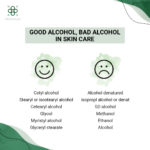
Need advice? Contact Prodigia!
From the Greek word “kolla” which means “glue”, Collagen owes its name to its property ensuring cohesion between the different cells, a bit like a glue
Continue reading →The world of natural cosmetics is expanding rapidly and permanently. What are the trends for this year 2022? And how to surf those waves?
Continue reading →Spirulina is a micro-algae often marketed as a dietary supplement due to its content in minerals and vitamins. What about its benefits in natural cosmetics?
Continue reading →Moroccan Henna is one of the rich local products that this fertile land has to offer. The Henna plant grows in desert regions; it is found especially in southern Morocco
Continue reading →In this article, zoom on hemp oil. Not to be confused with cannabis, the seed of this plant gives us an oil rich in anti-aging properties.
Continue reading →Nigella oil, 100% pure and natural, virgin, is obtained through a process of first cold pressing of its seeds.What secrets do these miracle seeds hide ?
Continue reading →
